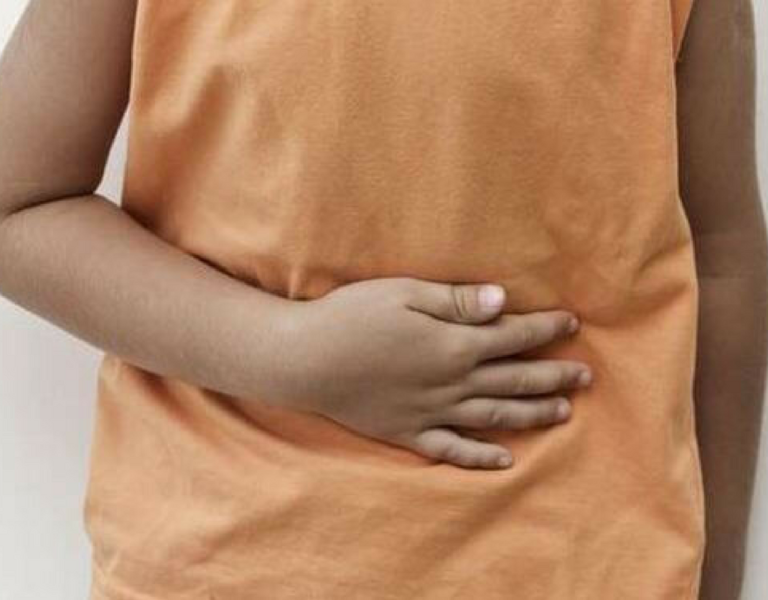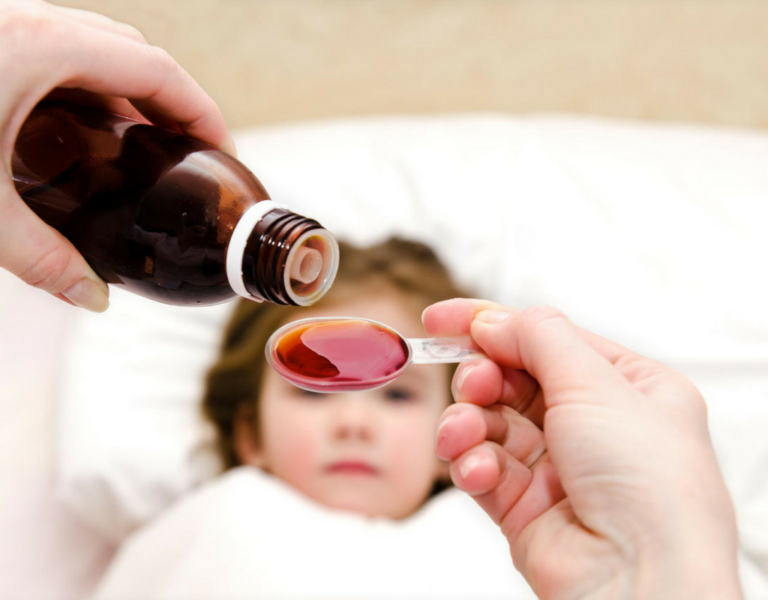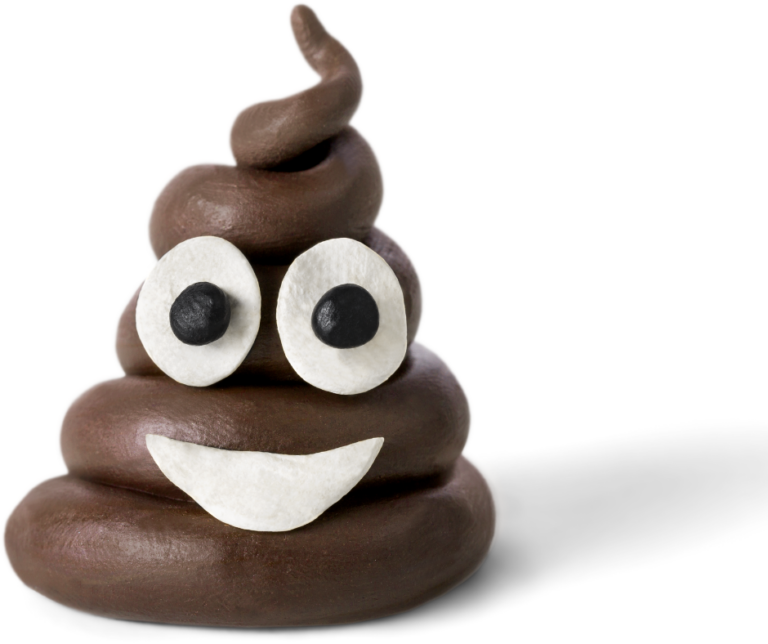As the new school year approaches, it’s essential to ensure our children are equipped with not only their academic supplies but also the knowledge and habits that keep them healthy and safe. At South Riding Pediatrics, we understand that good hygiene practices are crucial for preventing illness and promoting overall well-being. Here are some essential hygiene tips to help your child have a healthy start to the school year.
Handwashing
Handwashing is one of the simplest and most effective ways to prevent the spread of germs. Teach your child to wash their hands with soap and water for at least 20 seconds, especially before eating, after using the restroom, and after coughing or sneezing. To make it fun, you can encourage them to sing the “Happy Birthday” song twice while washing their hands. If soap and water aren’t available, an alcohol-based hand sanitizer is a good alternative. Placing small bottles of sanitizer in their backpack can be a handy reminder to stay clean on the go.
Covering Mouths When Coughing or Sneezing
Encourage your child to use a tissue or their elbow to cover their mouth and nose when they cough or sneeze. This practice helps reduce the spread of germs to others. Explain to them how germs can travel through the air and infect their friends and classmates. Remind them to wash their hands afterward to ensure they don’t carry germs on their hands. Keeping tissues handy in their pockets or backpack can help them remember this important habit.
No Sharing Water Bottles and Food
While sharing is a valuable lesson, it’s important to teach kids that some things, like water bottles and food, should not be shared. Germs can easily spread through saliva, so each child should have their own water bottle and avoid sharing snacks or utensils with friends. Discuss how even if their friends don’t seem sick, germs can still be present and spread. Labeling their water bottles and lunch containers can also help prevent accidental sharing.
Bathing
Regular bathing is crucial for maintaining good hygiene. Make sure your child understands the importance of taking a bath or shower daily, especially after sports or physical activities. This habit helps remove dirt, sweat, and germs from their skin. Using a gentle, kid-friendly soap can make bath time more enjoyable and effective. Additionally, remind them to thoroughly wash areas that tend to sweat more, such as underarms, feet, and the groin.
Dressing in Clean Clothes
Clean clothes are essential for good hygiene. Encourage your child to wear fresh clothes each day, and emphasize the importance of changing out of gym clothes and into clean ones after physical activities. This practice helps prevent skin infections and keeps them feeling fresh. Explain how bacteria can grow on sweaty clothes and lead to unpleasant odors or skin issues. Setting up a routine where they lay out their clothes the night before can help streamline their morning.
Deodorant
As children grow, they may start to develop body odor. Teach them about using deodorant daily, especially if they are involved in sports or activities that cause them to sweat more. This habit will help them feel more comfortable and confident around their peers. Choosing a deodorant together can make them more invested in using it. Explain the difference between deodorant and antiperspirant and help them find a product that suits their needs.
Oral Hygiene
Good oral hygiene is vital for overall health. Remind your child to brush their teeth twice a day and floss daily. You can make brushing fun by using a timer or playing their favorite song while they brush. Regular dental check-ups are also important to maintain healthy teeth and gums. Explain how good oral hygiene prevents cavities, bad breath, and other dental issues. You might also discuss the importance of a balanced diet in maintaining healthy teeth.
Sleep Hygiene
Adequate sleep is crucial for your child’s health and well-being. Establish a regular bedtime to ensure they get enough rest each night. A good night’s sleep helps with concentration, mood, and overall health. Limit screen time before bed and create a calming bedtime routine that includes reading or listening to soothing music. Explain how sleep helps their body recover and prepare for the next day, making them feel more alert and ready to learn.
For additional information on sleep hygiene and schedules, visit our blog post: All About Sleep.
Hygiene and Mental Health in Teens
For teenagers, poor hygiene can sometimes be a sign of underlying mental health issues. If you notice a significant change in your teen’s hygiene habits, it might be worth having a gentle conversation with them to understand if they’re experiencing stress, anxiety, or depression. Encourage open communication and seek professional help if necessary. Explain that it’s okay to ask for help and that mental health is just as important as physical health. Offering support and understanding can make a big difference in their willingness to open up.
At South Riding Pediatrics, we’re here to support you and your family in promoting healthy habits that will last a lifetime. If you have any concerns or need further guidance, please don’t hesitate to contact us.




